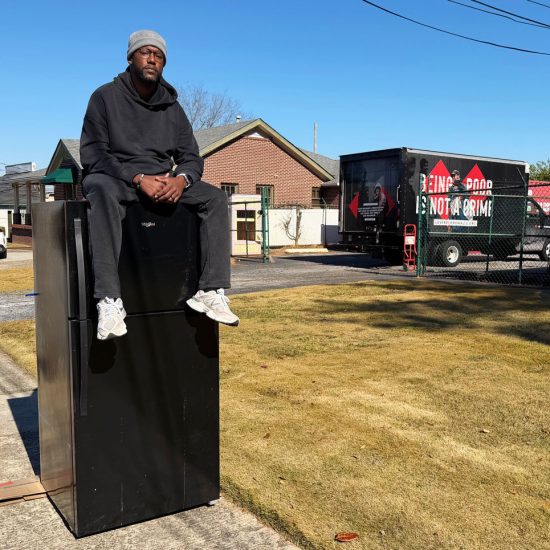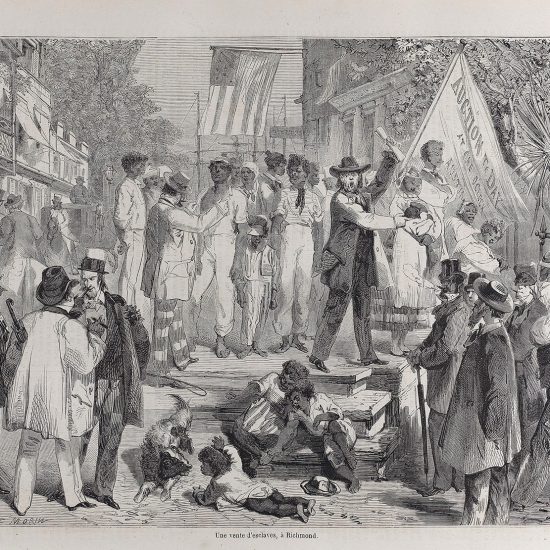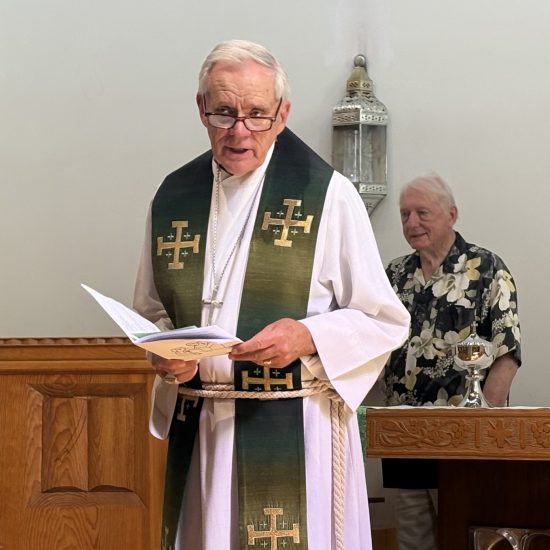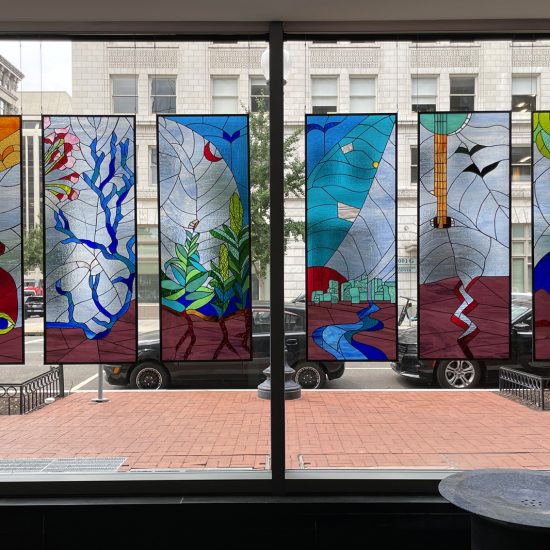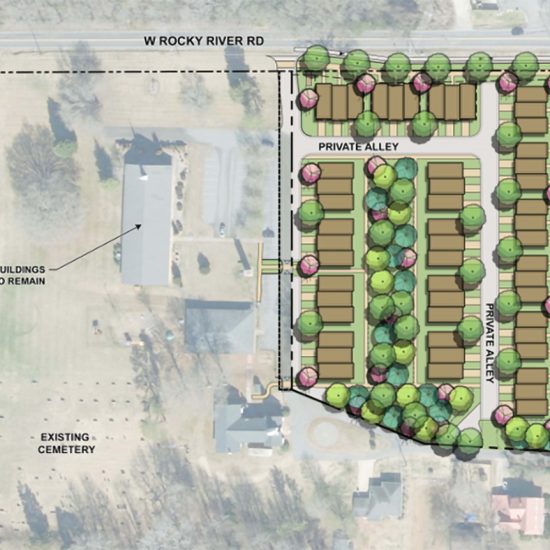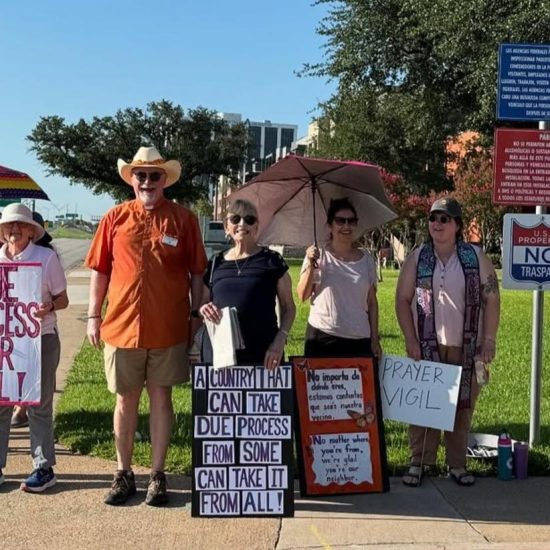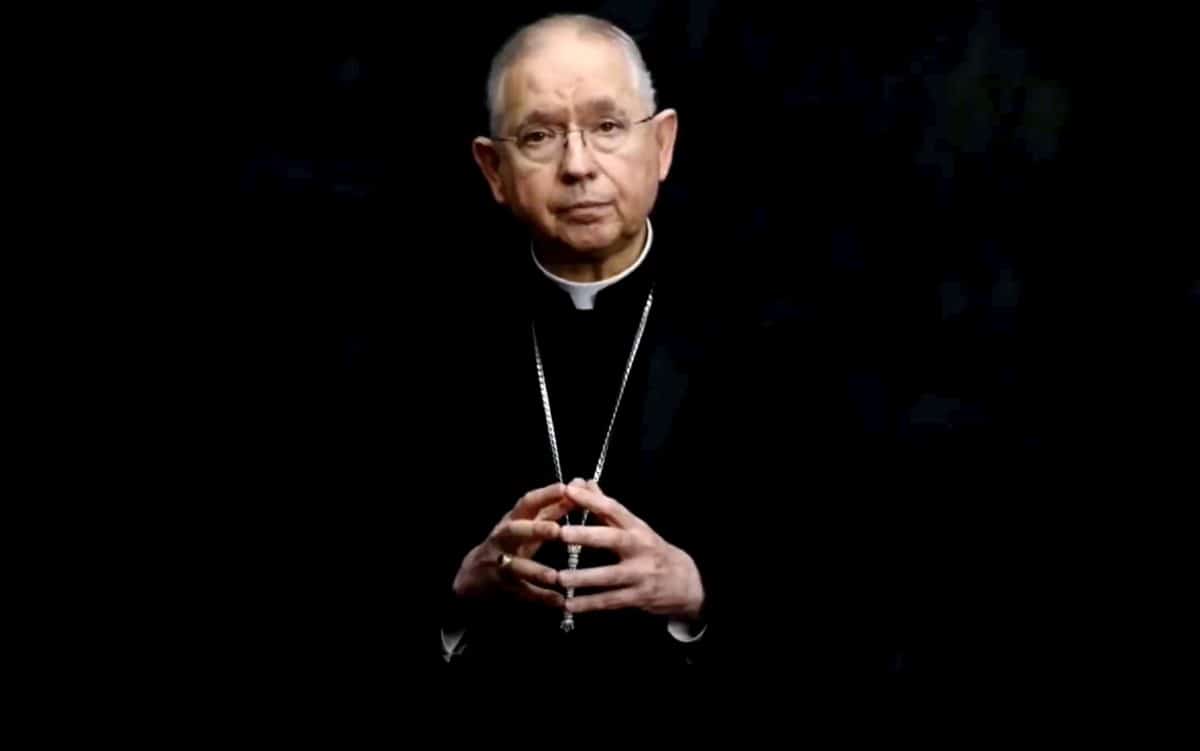
(RNS) — Archbishop José H. Gomez, president of the U.S. Conference of Catholic Bishops, railed against “new social justice movements” during a speech Thursday (Nov. 4), decrying them as “pseudo-religions” that ultimately serve as “dangerous substitutes for true religion.”
Gomez, who heads the Catholic Archdiocese of Los Angeles, delivered the remarks in a video message sent to a meeting of the Congress of Catholics and Public Life in Madrid. The prelate argued the United States, like Europe, has been subject to “aggressive secularization,” insisting “there has been a deliberate effort in Europe and America to erase the Christian roots of society and to suppress any remaining Christian influences.”
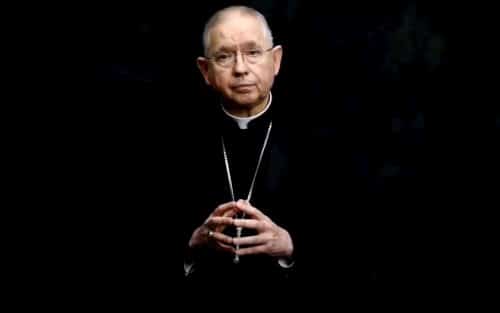
Screengrab of Archbishop José Gomez of Los Angeles, president of the U.S. Conference of Catholic Bishops, addressesing the body’s virtual assembly on June 16, 2021. (United States Conference of Catholic Bishops via AP)
He also lambasted “cancel culture,” contending that “often what is being canceled and corrected are perspectives rooted in Christian beliefs.”
But Gomez saved his most strident criticism for “new social movements and ideologies,” the influence of which, he said, accelerated after the murder of George Floyd at the hands of a Minneapolis police officer in May 2020. Although Gomez noted that Floyd’s killing was “a stark reminder that racial and economic inequality are still deeply embedded in our society,” he suggested the movements that inspired related demonstrations last year have been “unleashed in our society” and serve as replacements for “traditional Christian beliefs.”
“With the breakdown of the Judeo-Christian worldview and the rise of secularism, political belief systems based on social justice or personal identity have come to fill the space that Christian belief and practice once occupied,” he said. “Whatever we call these movements — ‘social justice,’ ‘wokeness,’ ‘identity politics,’ ‘intersectionality,’ ‘successor ideology’ — they claim to offer what religion provides.”
Gomez’s remarks echoed an argument increasingly common in conservative faith circles. In June, a Southern Baptist minister characterized critical race theory as “paganism,” calling it a “new religion that is on the wrong side of history.”
Gomez did not mention Black Lives Matter by name but claimed that while “many of those who subscribe to these new movements and belief systems are motivated by noble intentions,” the movements themselves — namely, “critical theories and ideologies” — are “profoundly atheistic” concepts that “deny the soul, the spiritual, transcendent dimension of human nature.”
He insisted the movements resemble “some of the heresies that we find in church history,” as well as liberation theology — a poverty-focused field of theology with historic roots among Latin American Catholics, but which has brought complicated and often fraught responses from Catholic hierarchy.
“I believe that it is important for the church to understand and engage these new movements — not on social or political terms, but as dangerous substitutes for true religion,” he said.
Gomez’s office did not immediately return a request for comment.
His remarks elicited comebacks on social media, and did not appear to grapple with how churches opened their doors to demonstrators in 2020, or how clergy were among those arrested during protests. Clergy were also among the racial justice demonstrators who were forcibly expelled by authorities acting on behalf of the Trump administration from Lafayette Square and nearby St. John’s Church near the White House on June 1, 2020. Faith leaders also participated in racial justice demonstrations in California, and a Catholic activist filed suit after being injured while protesting in Buffalo, New York.
While Gomez characterized new social movements as evidence of “extremism” and a “harsh, uncompromising and unforgiving approach to politics,” some observers noted that he did not mention anti-vaccine demonstrations or violent incidents such as the Jan. 6 insurrection, when supporters of then-President Donald Trump attacked the U.S. Capitol — including many who invoked their faith while doing so.
In a 2020 book co-written by Pope Francis and his biographer, the pontiff warned that protests can be manipulated but expressed overall support for Floyd demonstrations. He also criticized those who demonstrated against pandemic restrictions “as if measures that governments must impose for the good of their people constitute some kind of political assault on autonomy or personal freedom!”
The pope suggested some Catholics had exacerbated the issue, saying, “you’ll never find such people protesting the death of George Floyd, or joining a demonstration because there are shantytowns where children lack water or education.”
Gomez, who recently tweeted that Catholics “are not activists,” did invoke Dorothy Day, a famous Catholic activist best known for her efforts to combat poverty in the 20th century. Day, Gomez said, was “an important witness for how Catholics can work to change our social order through radical detachment and love for the poor grounded in the Beatitudes, the Sermon on the Mount and the works of mercy.”

